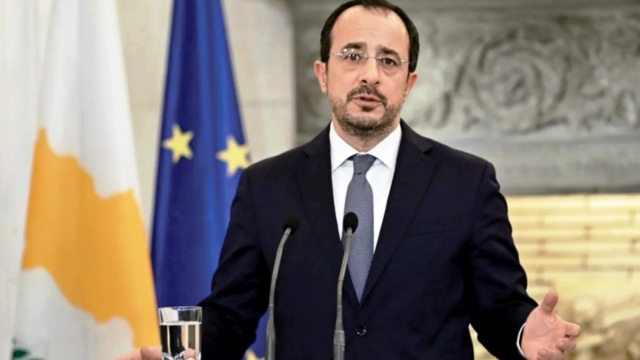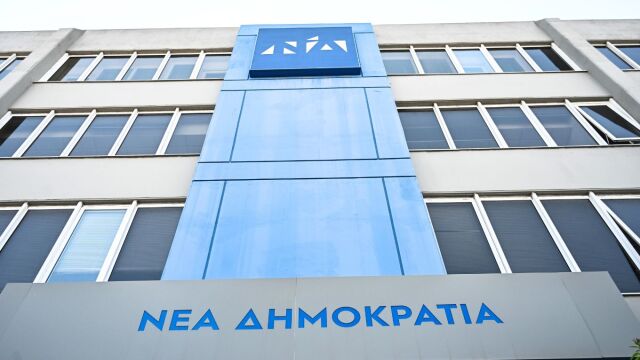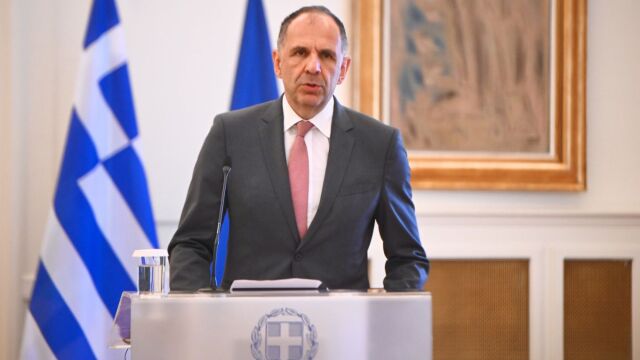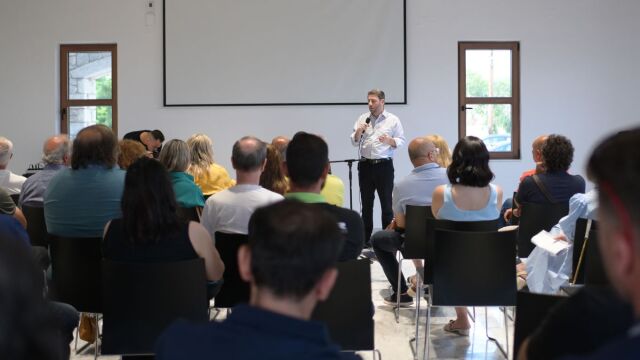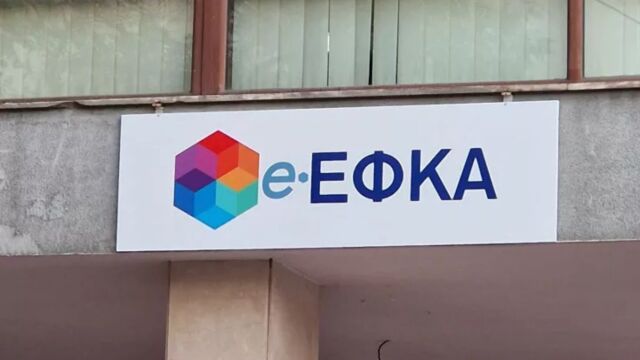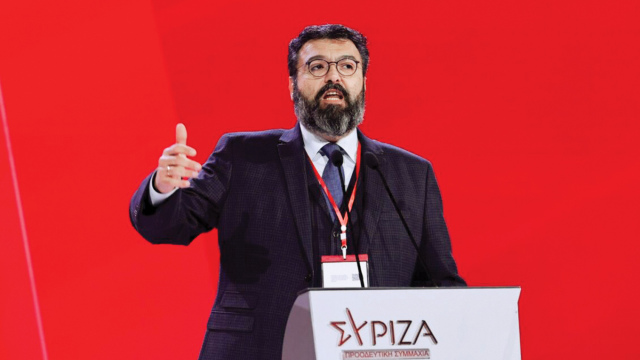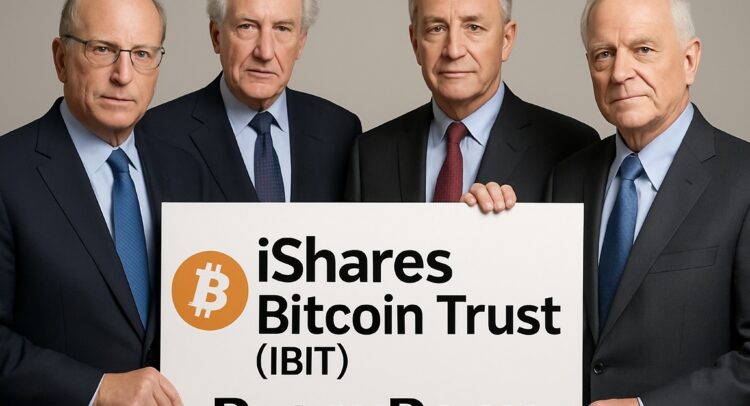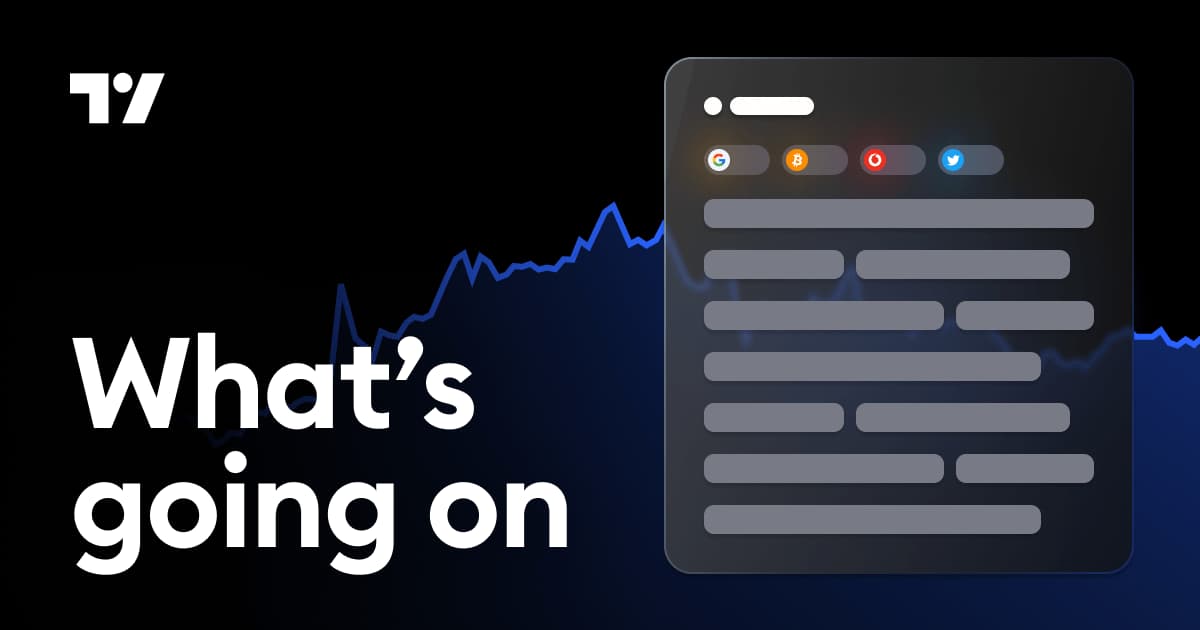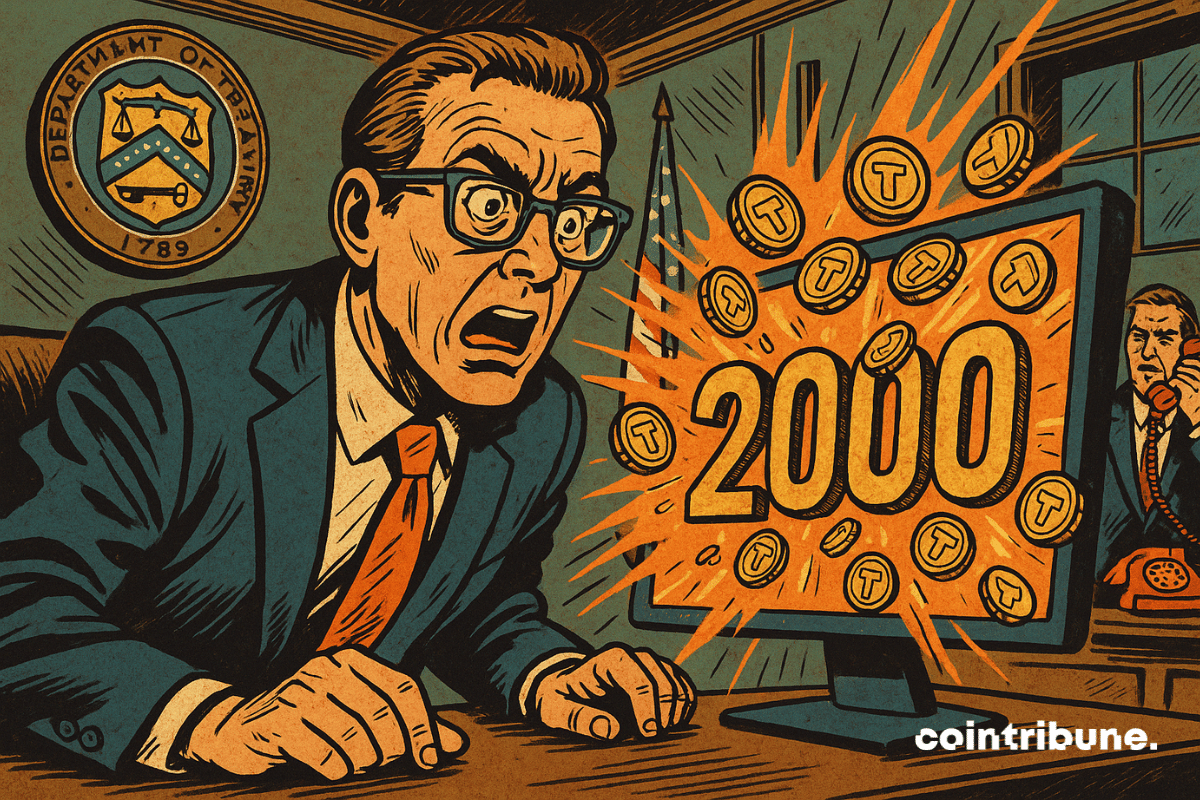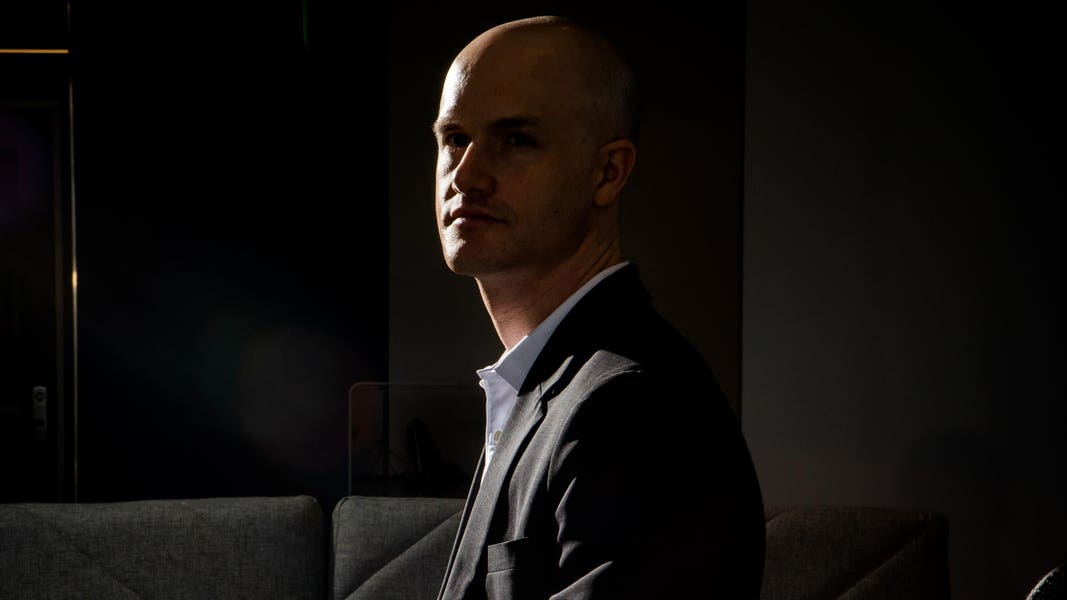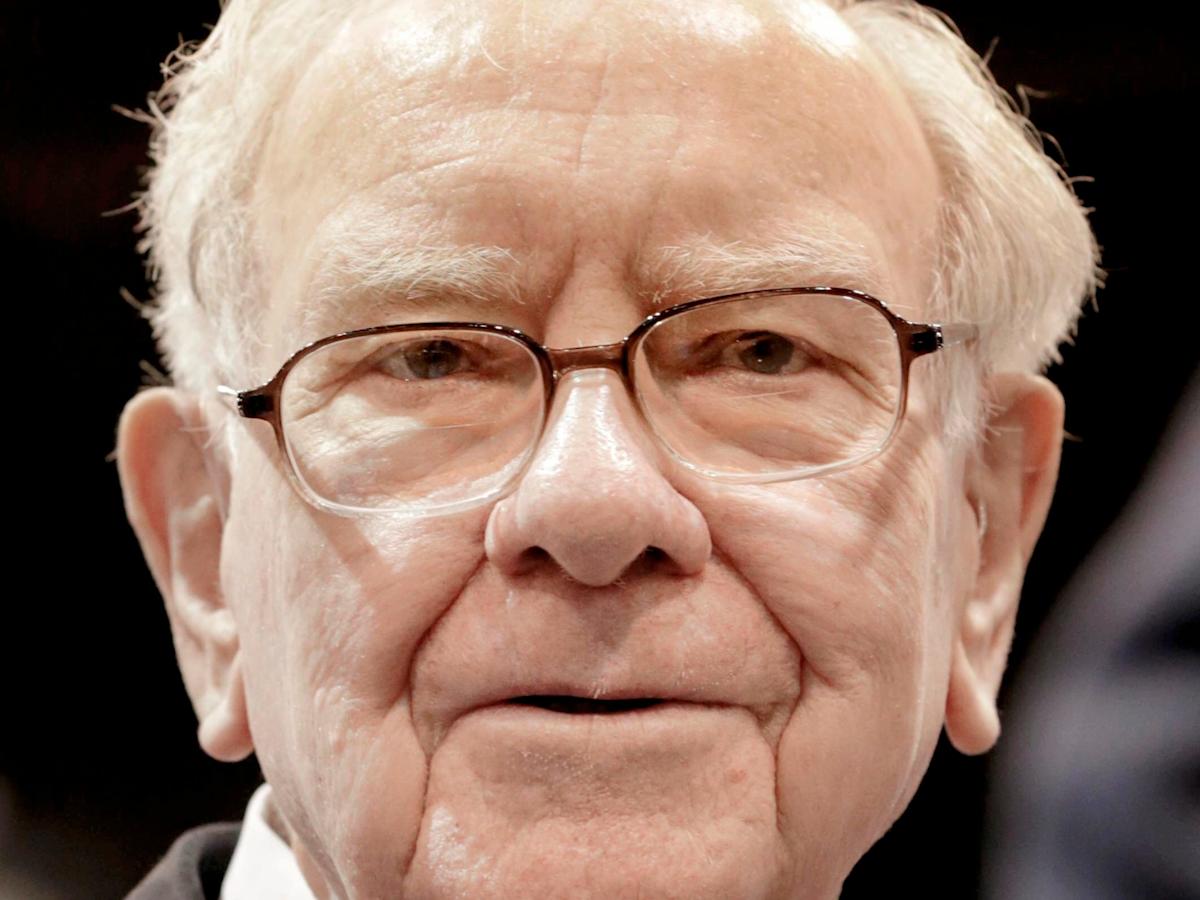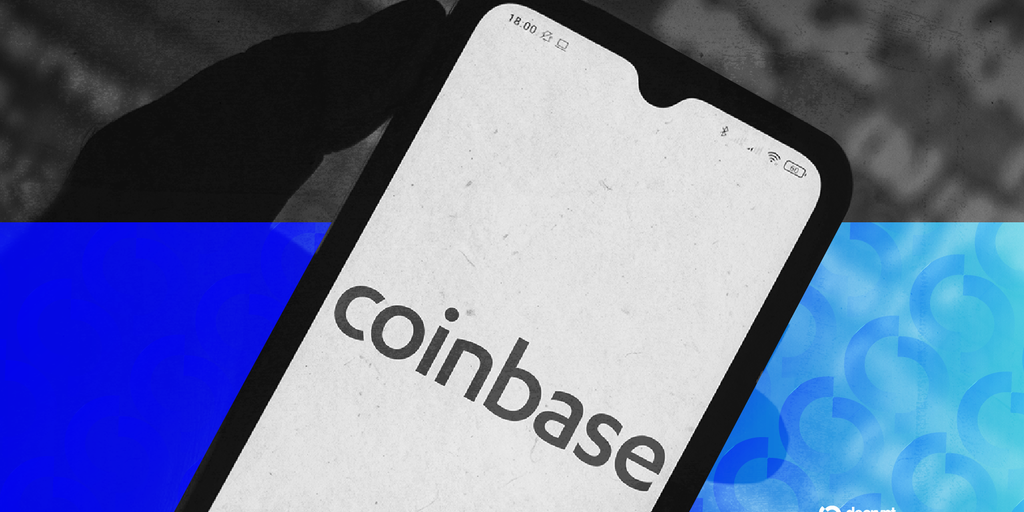MicroStrategy's Michael Saylor On Bitcoin's Quantum Computing Risk: 'I Don't Worry About It'
Benzinga and Yahoo Finance LLC may earn commission or revenue on some items through the links below.
With increased attention and adoption has come increased scrutiny of Bitcoin risks. Among the risks gaining increased attention in recent months is the threat of quantum computing. The fear is that supercomputers will soon emerge that can break Bitcoin’s cryptography, putting user assets at risk.
But as scary as this potential reality sounds, MicroStrategy (NASDAQ:MSTR) Chair Michael Saylor has said that he is not losing sleep over it. If there is anyone that should be concerned, it is Saylor.
Don't Miss:
-
Trade crypto futures on Plus500 with up to $200 in bonuses — no wallets, just price speculation and free paper trading to practice different strategies.
-
Grow your IRA or 401(k) with Crypto –unlock the power of alternative investments including a Crypto IRA within your retirement account.
Over the past five years, he has spearheaded an aggressive Bitcoin treasury strategy at the erstwhile business software intelligence firm, which has seen it accumulate 582,000 BTC, currently worth over $63 billion.
“I don’t worry about it,” he told CNBC last week, referring to the potential quantum computing threat to Bitcoin.
Saylor claimed the recent fuss over quantum computing developments and how it could impact Bitcoin was a marketing ploy by projects seeking to position their assets as an alternative to Bitcoin.
“It’s mainly marketing by people that want to sell you the next quantum yo-yo token,” he said. “Look, Google and Microsoft aren’t going to sell you a quantum computer that cracks modern cryptography because it would destroy Google and Microsoft and the US government and the banking system.”
Trending: New to crypto?Get up to $400 in rewards for successfully completing short educational courses and making your first qualifying tradeon Coinbase.
Saylor said that quantum computing was unlikely to become a genuine concern for Bitcoin for another 10 or 20 years. And then, he said, that like Microsoft (NASDAQ:MSFT), Google and the traditional banking system, Bitcoin would simply upgrade its software.
Saylor’s unnerved stance comes despite recent Google research suggesting that it may now take 20 times fewer quantum resources to crack RSA encryption, which likely indicates a faster-than-expected timeline for cracking Bitcoin’s Elliptic Curve Cryptography as well.
Quantum computing firm Project 11 launched a competition in April to settle the question of how urgent the threat is to Bitcoin. The firm challenged teams and individuals to attempt to break the longest ECC key they can from a selection of 1 to 25 bits for a chance to win 1 BTC. The competition will end on April 5, 2026.
Content Original Link:
" target="_blank">




